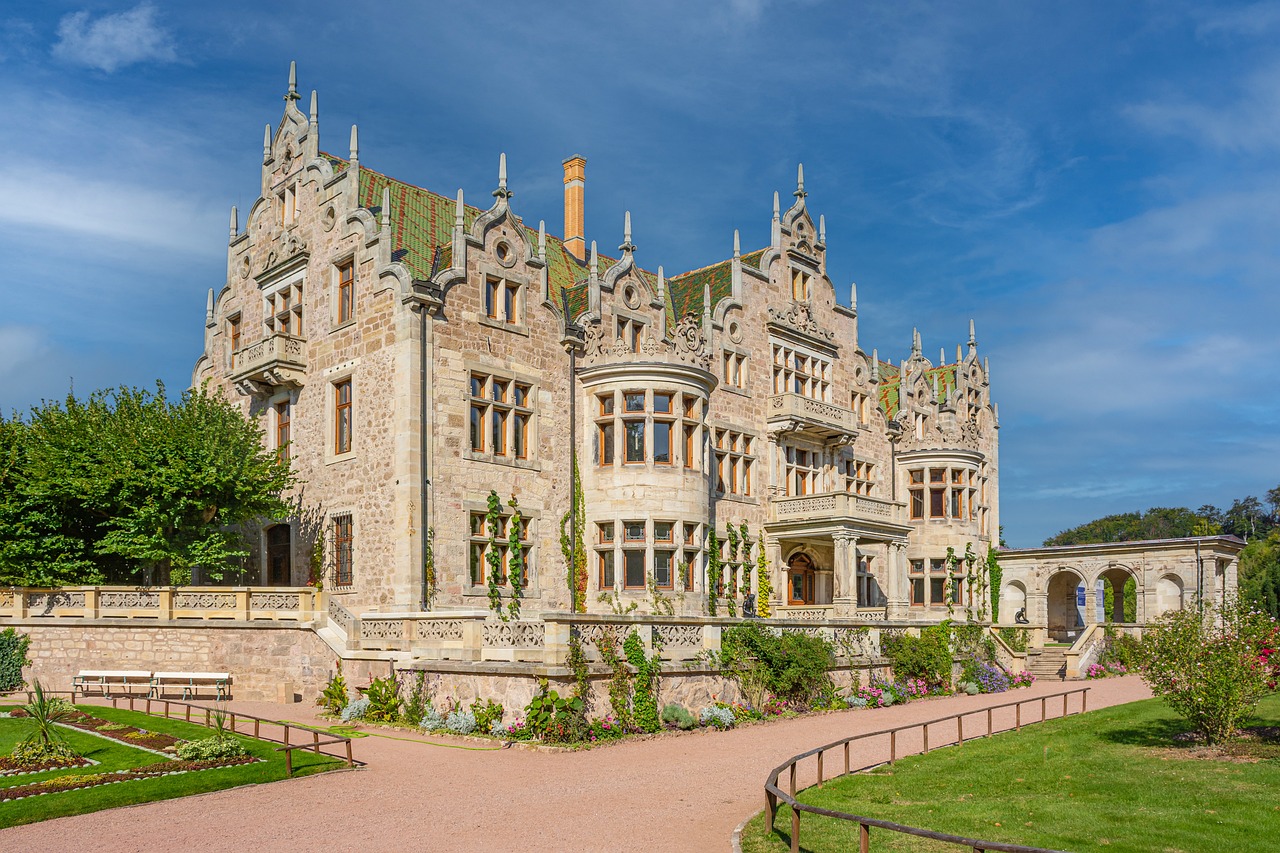
British culture is rich in diversity, with its own unique quirks and nuances. One fascinating aspect of British culture is the use of slang, which can often reflect social class distinctions. From the posh aristocrats to the everyday commoners, British slang offers a window into the complex relationship between language and class in the United Kingdom.
Let’s begin our exploration of British slang by delving into the world of posh expressions. The upper class, often associated with aristocracy and privilege, has its own distinct vocabulary that sets them apart. These posh phrases are typically used by the elite to showcase their refined upbringing and education.
One such example is the term “toff,” which refers to someone from the upper class. Toffs are often seen as having a sophisticated air and a taste for the finer things in life. Another posh expression is “chuffed to bits,” which means extremely pleased or proud. This phrase is commonly used by those who have achieved success in their endeavors and wish to flaunt it with a touch of elegance.
Moving on from the posh realm, we enter the world of common British slang. This is the language of the working class, the everyday people who make up the majority of society. Common slang is characterized by its simplicity and directness, often used as a form of camaraderie among friends and colleagues.
One popular common slang term is “mug,” which refers to a foolish or gullible person. This term is often used in a light-hearted manner, poking fun at someone’s naivety. Another example is “chuffed,” a word commonly used by the working class to express happiness or contentment. In contrast to the posh “chuffed to bits,” this phrase is more down-to-earth and relatable.
Apart from specific phrases, British slang also includes a variety of regional accents and dialects. Each region has its own unique slang words, further highlighting the diversity of British culture. For example, in London, you might hear the Cockney accent with its distinctive rhyming slang, where words are replaced with rhyming phrases. This can lead to some amusing and confusing conversations for outsiders!
In addition to class distinctions, British slang is also influenced by various subcultures and historical events. For instance, the emergence of “Estuary English,” a mix of Cockney and standard English, gained popularity in the late 20th century. This blend of accents and slang became associated with the working-class communities surrounding the Thames Estuary.
Despite the class divisions and regional variations, British slang has a unifying power that brings people together. It serves as a reflection of shared experiences and a sense of belonging. From the upper echelons of society to the working-class neighborhoods, everyone has their own slang vocabulary that allows them to connect with others and express themselves in their own unique way.
In conclusion, British slang is a fascinating aspect of British culture that reflects social class distinctions and regional diversity. From posh expressions used by the elite to common slang used by the everyday people, the use of language in the United Kingdom is a complex tapestry filled with rich history and cultural significance. So, whether you’re a toff or a mug, embrace the diversity of British slang and let it guide you on a linguistic adventure through the class divide. Chuffed? You should be!”
Discover more from Anglotees
Subscribe to get the latest posts sent to your email.
